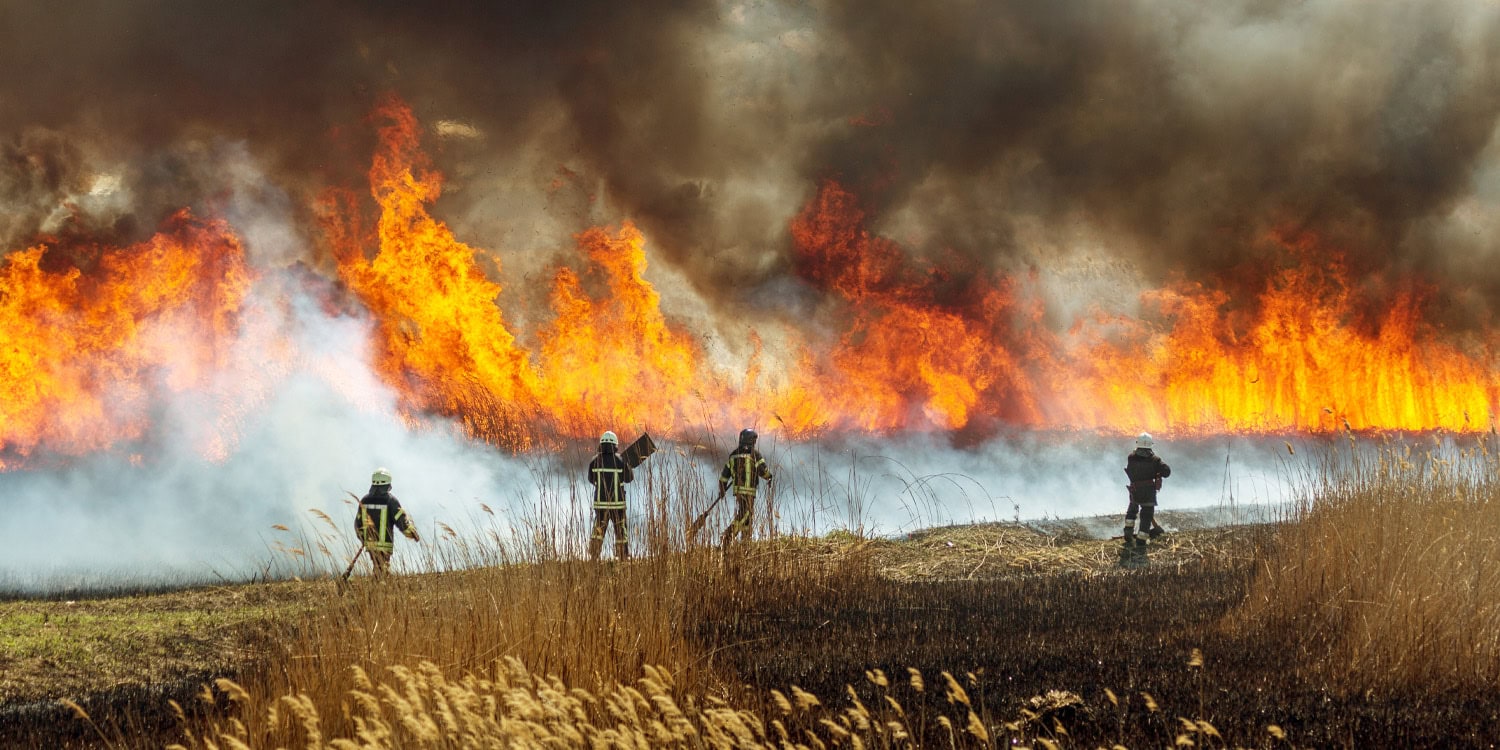A study published in JAMA Neurology has discovered a troubling new health concern: prolonged exposure to wildfire smoke may significantly increase the risk of developing dementia, with the risk being particularly high among certain vulnerable populations.
Scientists have long known that air pollution can have harmful effects on the brain. Fine particulate matter, known as PM2.5, is a major risk factor for dementia. However, the specific impact of wildfire-generated PM2.5— which is becoming more common due to climate change—has not been well understood.
Led by Holly Elser from the University of Pennsylvania, the research team analyzed electronic health records from Kaiser Permanente Southern California, a healthcare network that serves millions of people across the state. The study tracked 1,223,107 participants (53% female) aged 60 and older over an 11-year period, monitoring their three-year exposure to wildfire-related pollution and comparing it to their likelihood of developing dementia.
During the follow-up period, 80,993 participants were diagnosed with dementia (6.6% of the study population). Notably, a small increase in wildfire PM2.5 levels (1 microgram per cubic meter) was linked to an 18% higher risk of dementia. By contrast, the same increase in pollution from non-wildfire sources led to only a 1% increase in risk.
These results suggest that wildfire smoke may be particularly dangerous compared to other types of PM2.5, possibly due to its smaller particles containing high levels of oxidative and inflammatory compounds, which can damage cells and contribute to diseases like Alzheimer’s.
One of the most concerning aspects of the study is that wildfire pollution was found to disproportionately affect vulnerable communities, particularly individuals from racially minoritized backgrounds and those living in high-poverty areas.
“Lower-quality housing may increase smoke infiltration, and poorer families may have constrained economic choices that limit their ability to pay for air filtration systems to improve air quality during smoke events. Members of marginalized groups may have amplified physiologic responses to environmental exposures, reflecting worse baseline health, the cumulative result of discrimination, and chronic exposure to psychosocial stressors,” the researchers hypothesized.
The study also found that wildfire smoke exposure was more strongly linked to dementia in younger seniors (under 75 years old). Researchers suspect that older individuals may have already developed dementia-related changes before the study began or that younger seniors had more outdoor exposure, leading to higher risks.
Despite the significant findings, the study has some limitations. Exposure to wildfire and non-wildfire PM2.5 was measured over a three-year period, but the exact timeframe of exposure relevant to dementia risk is still unknown. Since the brain changes leading to dementia likely begin years before symptoms appear, future research should consider longer exposure durations.
The study, “Wildfire Smoke Exposure and Incident Dementia,” was authored by Holly Elser, Timothy B. Frankland, Chen Chen, Sara Y. Tartof, Elizabeth Rose Mayeda, Gina S. Lee, Alexander J. Northrop, Jacqueline M. Torres, Tarik Benmarhnia, and Joan A. Casey.




